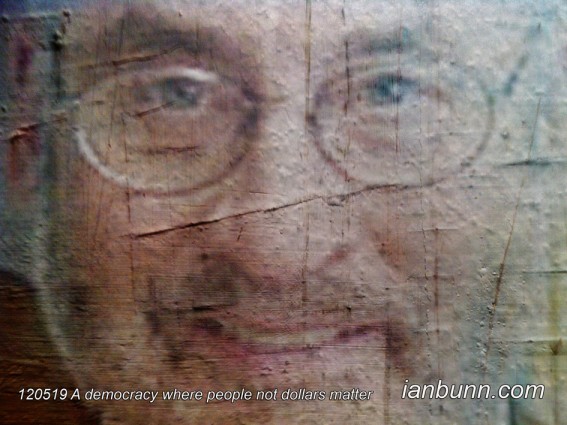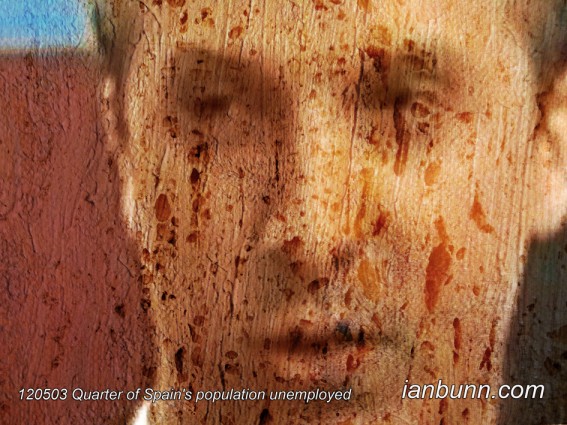Ben White the British journalist and human rights activist specialising in Palestine/Israel, has published an article on Aljazeera claiming ‘Israel has a Jewish majority today because of the expulsions and denationalisation of most Palestinians living there’. White’s article titled ‘Jewish democracy founded on ugly battles’ states, …the Nakba [Day of the Catastrophe] is ongoing, in the daily acts of piecemeal ethnic cleansing from the Jordan Valley to the Negev, and secondly, the way in which the historical facts of “transfer” undermine the mythology of Israel as a supposed “Jewish and democratic” state. …Discussing Israel without mentioning the Nakba is linked to the myth of the Jewish state miraculously emerging from an unpopulated, arid wasteland. …the “invisibility” of the Arabs was self-serving. Palestine at the time of first Zionist settlement was not empty of people, but of people deemed worthy by Europeans of controlling their own country. …With the Nakba in clear view, current attempts to reconcile both “Jewish and democratic” components of Israel’s identity can be seen for what they are: a grand exercise in missing the point. The only reason why there is a Jewish majority in Israel today is because of the expulsions and denationalisation of most Palestinians who would have become citizens in the new state.”
Inspired by Aljazeera ow.ly/b7vI6 image source prc ow.ly/b7vGF






























